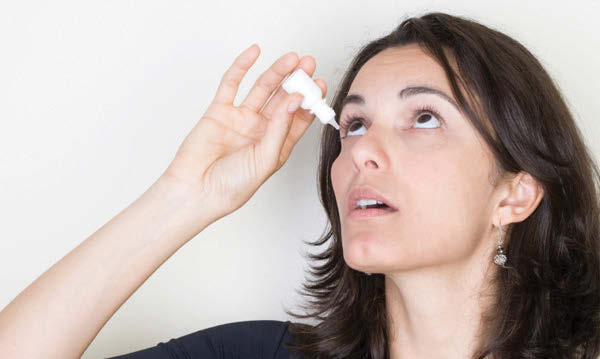
For decades, some women have endured an enormous amount of unnecessary suffering around menopause. There have been countless stories of healthcare professionals failing women, for instance through dismissing menopausal symptoms and failing to provide adequate care. So this attention is long overdue.
But with this spotlight has come a lot of messaging that menopause is catastrophic for mental health.
For example, in a submission to the 2024 Australian Senate Inquiry into menopause, which is due to hand down its findings on September 17, this life stage was described as a time of “damage, despair and death” due to untreated menopausal mental illness.
Changing estrogen levels over menopause have been reported to cause a “destabilising” effect on the brain and mental health.
But while research shows some women may be more mood-sensitive to estrogen changes than others, overall the best available data shows that mental illness is not a core or common experience over the menopause years.
Anger is not mental illness
Some midlife women self-report feelings of anger or rage around the time of menopause.
Anger is not a mental illness, but should be followed up if it becomes severe or is negatively affecting your daily life.
Being dismissed in a doctor’s office because “my wife coped fine with menopause” or because a GP explains they are not trained to manage menopause and refers on to a specialist clinic that has a 12-month waitlist are legitimate triggers for anger and unnecessary suffering.
As a society, this anger can be mobilised to demand improved care for menopause and ageing women’s health issues, while providing appropriate care for distressing or impactful symptoms as needed.
Most women remain mentally well
A Lancet Series paper on menopause and mental health reviewed findings from prospective studies that tracked changes in women’s mental health across the menopause transition.
Specifically, depressive symptoms and disorders were looked at, as well as anxiety, bipolar, psychosis and suicide.
It found rates of depressive symptoms remained relatively low over perimenopause, which is the time of irregular periods culminating in the final menstrual period at menopause.
In the studies reviewed, 17 per cent to 28 per cent of perimenopausal women reported depressive symptoms compared to 14 percent to 21 per cent of premenopausal women.
Only two studies have investigated the risk of developing major depressive disorder assessed uniformly by a clinician, and neither found that women were at increased risk of new-onset depression over menopause. Women typically start to go through menopause in their late 40s. Source: PTI





Be the first to comment